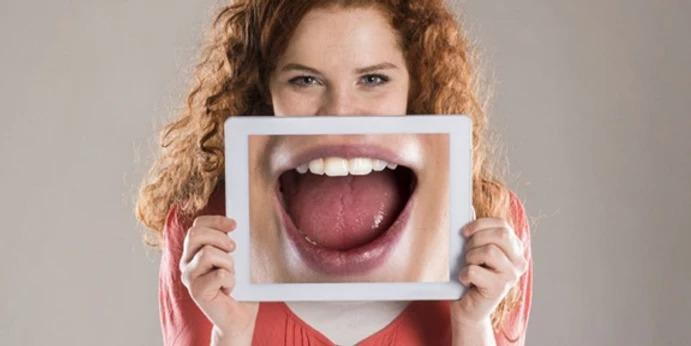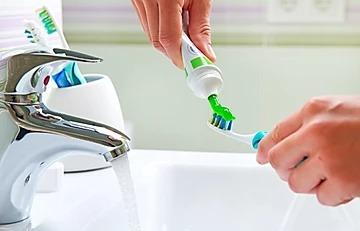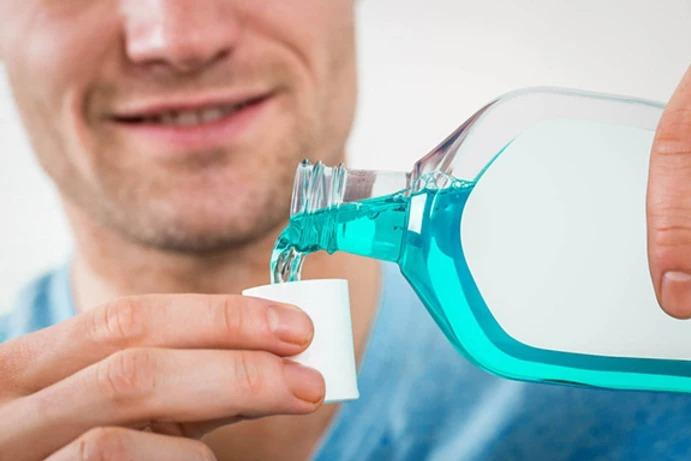
Information about dental health and creating good hygiene habits is easily accessible to everyone, thanks to the internet. We now know that brushing your teeth on a regular basis is not a guarantee that your mouth is getting what it needs. If you are not following proper oral hygiene techniques, you could find yourself with gaps in your dental care. Understanding the basics of proper dental hygiene is essential if you want to maintain your healthiest smile. Here are some helpful tips you can use to improve your hygiene practices at home and work proactively with your dental care professionals to maintain excellent oral health.
Brush Properly
Moving your toothbrush around in your mouth for two minutes is not enough to ensure that you are adequately fighting off disease and decay. Brushing requirements set forth by the American Dental Association include holding your brush at a 45-degree angle to your gum line and applying a short back and forth motion across all surfaces of teeth. Taking care to also brush inside areas of the mouth and backs of teeth will allow you to efficiently eliminate building and eradicate any stubborn bacteria that may exist in those places.

Brush Often Enough
Follow the two-minute rule when brushing, which is longer than it seems. Some battery or otherwise electronic toothbrushes now even come with built-in timers to make this step foolproof.
Ideally, it would be beneficial to brush every time after eating and drinking but aim for at least twice daily. Establishing this healthy habit in the morning and at night will set the stage for good oral health care habits at home. Always use a toothbrush that is small enough to get into crevices in the mouth where buildup may be hiding, and be sure to rinse and store your toothbrush correctly in between brushings to prevent any additional germs from getting into your mouth.
Another good rule to follow when establishing healthy oral care habits is to replace your toothbrush regularly. Using a brush with worn or fraying bristles will not effectively clean your teeth. Try to replace your toothbrush every three to four months, or as needed.
An easy way to get into that habit is to replace your manual toothbrush or the head to your electric toothbrush every quarter. Think January 1st, April 1st, July 1st and October 1st for when to replace your brush. Make sure you have already shopped and purchased your replacements. Having the replacement on hand and associating replacement will make an essential task an easy one to keep.
Find A Toothpaste That Addresses Your Unique Needs
Look for a tube of toothpaste that carries the American Dental Association seal of approval. Products with this endorsement have passed strict quality control standards and have the proper ratio of fluoride for use in the fight against cavities. Toothpaste with the ADA seal assures that your mouth is getting squeaky clean every time you brush.

Safeguard Your Clean Teeth With Mouthwash
Mouthwashes offer comprehensive cleaning and freshening properties, and they can go where toothbrushes and toothpaste cannot. Not only do they offer unique blends of ingredients that kill bacteria and provide for fresher breath, but they also continue to fight the buildup of plaque and cavity development for hours after application.
Floss Daily
Proper flossing technique doesn’t just move food particles and germs around in the mouth, it allows for the removal of these harmful substances. Use a piece of floss long enough that you can continue to reposition a new area every two to three teeth, as this will prevent reinsertion of bacteria and germs back into your mouth. Wrap your floss around each tooth in a “c” shape and move up and down before removing it to catch the majority of unsavory particles that exist in the dark places between teeth and along the gumline.
Clean Your Tongue
With a significant culprit of bad breath being the existence of over 40,000 bacteria living on the tongue, it is essential that you focus some attention on cleaning this area of the mouth as well. Using a tongue scraper to remove buildup or a toothbrush with a scraper on the back of the head will reduce the possibility that excess bacteria will travel to other areas of the mouth, teeth, and gums and cause havoc. When you brush your teeth, brush and scrape your tongue as well.
Improve Your Diet
Eating whole foods rich in nutrients that are low in sugars and refined flour will improve your dental health as well. Clean eating reduces the possibility that sugars and other processed chemicals will stick to your teeth. Clean teeth are cavity free teeth! It is also advisable to eliminate in between meal snacking, especially when you do not have time to brush immediately after consuming extra drinks and snacks.
Your Dental Health: A Partnership
Your dental health is a partnership between you and your dental care professionals. Establishing good oral health is a daily pursuit to be completed with excellence and integrity. For the best advice on what toothbrush, toothpaste and mouthwash are best for you, ask your dental hygienist. They are professional, have been formally trained and have both practical experience and the oversight and partnership of the dentist, so they are your best bet for the great advice you are seeking.
Following good care routines will save you time and money in the long run; talk to your dental care professionals about what you can do to improve your oral health. Visit the professionals at https://www.gordonekruegerdds.com to start your journey to a healthier smile today.








